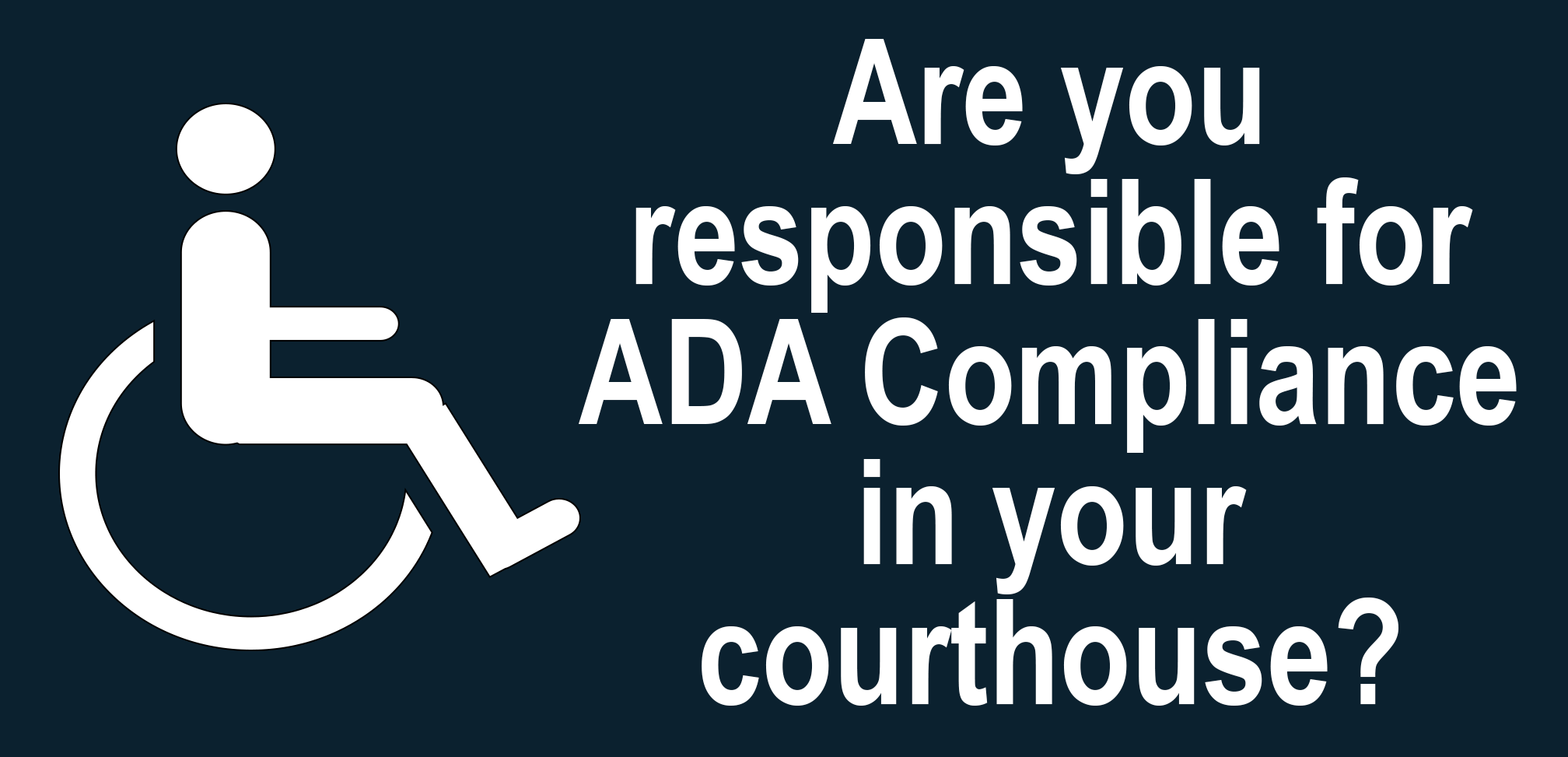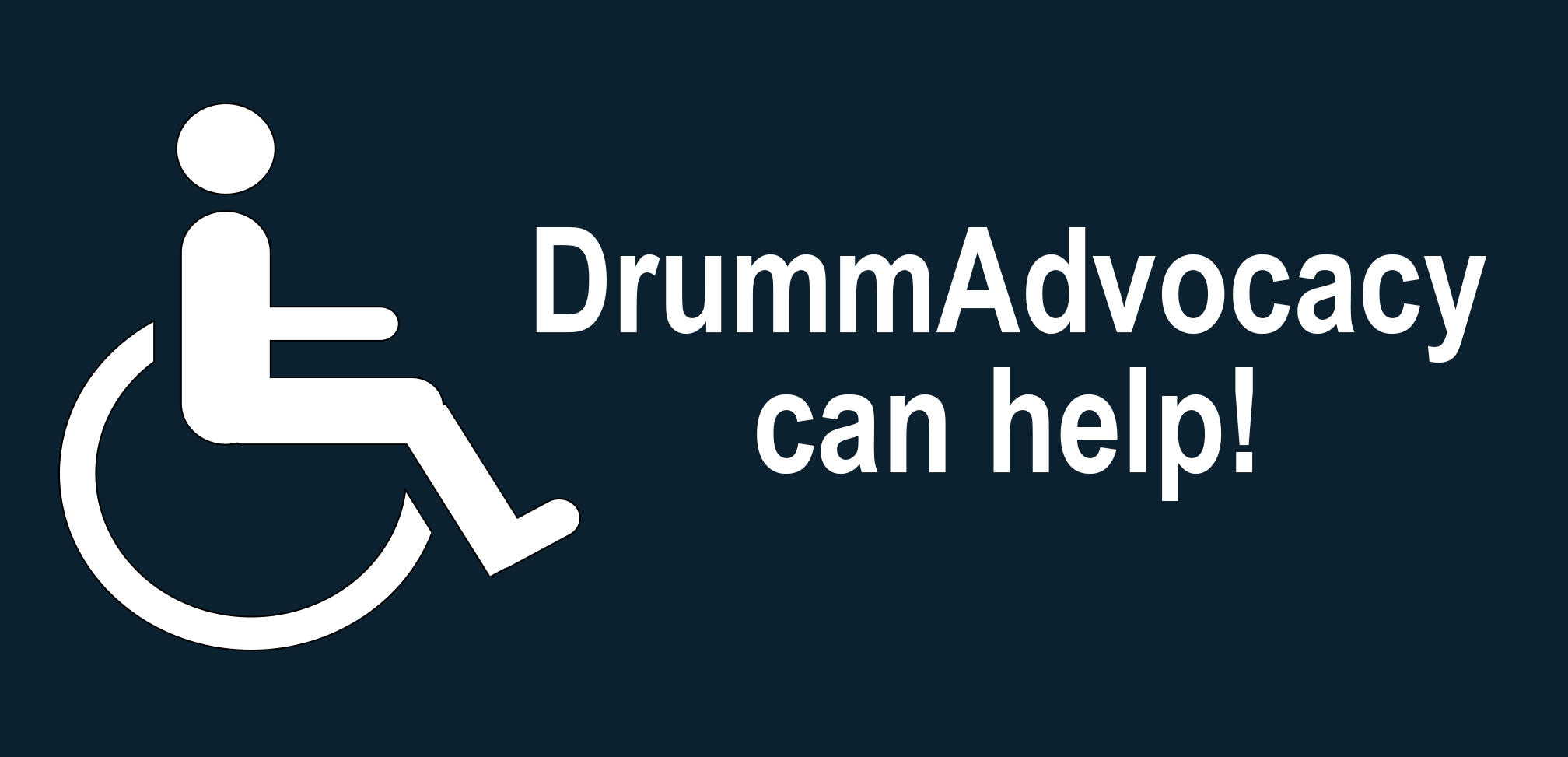COURT ADMINISTRATORS & JUDGES
Are you a...
Court Official?
Judge?
ADA Coordinator or Liaison?
What DrummAdvocacy can do for you
DrummAdvocacy works in partnership with court administrators to design accommodations compliant with the ADA for qualified persons with disabilities.
For many jurisdictions, applying the ADA to persons with invisible disabilities is a new concept. DrummAdvocacy will provide primary and secondary legal resources to solidly support your role in granting or denying accommodations for a litigant with disabilities.
DrummAdvocacy is available for training court staff, attorneys and judges.
Helping the Justice System Help Itself: Certified ADA Advocates As Part of the Litigation Team
Litigants with disabilities often need advocates in addition to legal counsel. Advocates manage the extra-legal symptoms freeing the attorney to concentrate on the legal aspects of the case. The role of the advocate is the missing link in the judicial system reforming to provide justice for all people. Advocates take on even a more important role if litigants do not have attorneys. In that event, their role as supportive counselor is greatly enhanced. Advocates serve a unique and critical function in implementing the Americans with Disabilities Act to secure equal access. Opposing counsel will sometimes accuse them of unlicensed practice of law; however, the law is clear that an advocate simply ensuring the functionality of the client is protected under the ADAAA against all harassment, retaliation, false accusations and, when brought to the court's attentions, a stop is generally put to such tactics. Click here to read more...
Primary Legal Authorities
You can read the full text of Equal Opportunity for Individuals with Disabilities (the Americans with Disabilities Act and its 2009 Amendments) here.
See Sec. 12102 Definition of a disability - "physical and mental"
See Subchapter II - "Public Services" State and Local courts and municipalities
See Section (2) Qualified Individual
Sec. 12202 State Immunity
Sect. 12203 Prohibition against retaliation and coercion
You can learn more about the Americans with Disabilities Act Title II Regulations Part 35 Non Discrimination on the Basis of Disability in State and Local Government Services here.
Sec. 35.107 Designation of responsible employee and adoption of grievance procedures
Sec. 35.130 General prohibitions against discrimination
Sec. 35.132 Retaliation or coercion
Sec. 35.178 State immunity
Secondary Legal Authorities
ADA.gov United States Department of Justice Civil Rights Division Title II Technical Assistance Manual
II-3.2000 Denial of participation. The ADA, like other civil rights statutes, prohibits the denial of services or benefits on specified discriminatory grounds. Just as a government office cannot refuse to issue food stamps or other benefits to an individual on the basis of his or her race, it cannot refuse to provide benefits solely because an individual has a disability.
II-2.5000 Record of a physical or mental impairment that substantially limited a major life activity. The ADA protects not only those individuals with disabilities who actually have a physical or mental impairment that substantially limits a major life activity, but also those with a record of such an impairment. This protected group includes --
A person who has a history of an impairment that substantially limited a major life activity but who has recovered from the impairment. Examples of individuals who have a history of an impairment are persons who have histories of mental or emotional illness, drug addiction, alcoholism, heart disease, or cancer.
Persons who have been mis-classified as having an impairment. Examples include persons who have been erroneously diagnosed as mentally retarded or mentally ill.
Additional Resources
© 2025 DRUMMAdvocacy. All Rights Reserved. | Donna Drumm, Esq. DDrumm@DrummAdvocacy.com - ADAAA Certified Advocate | Attorney Advertising | Disclaimer








